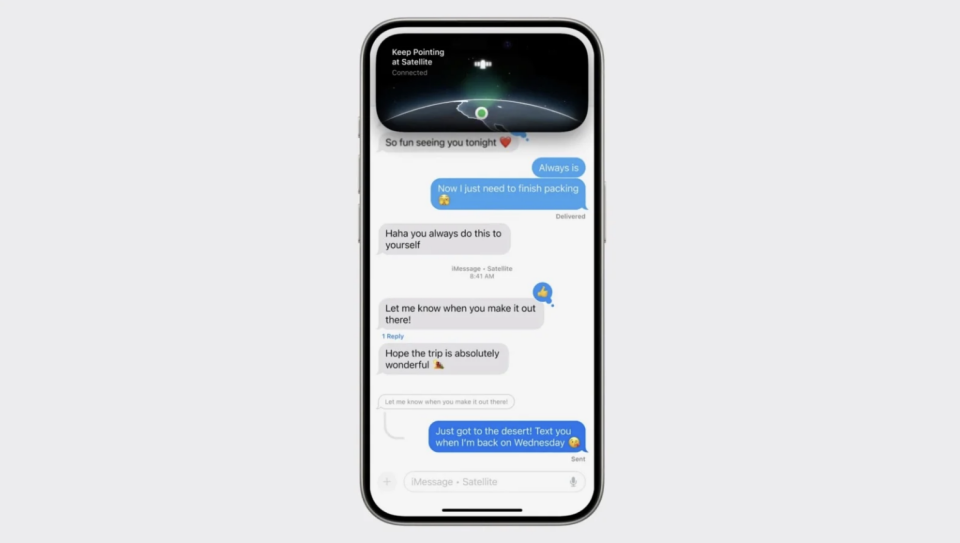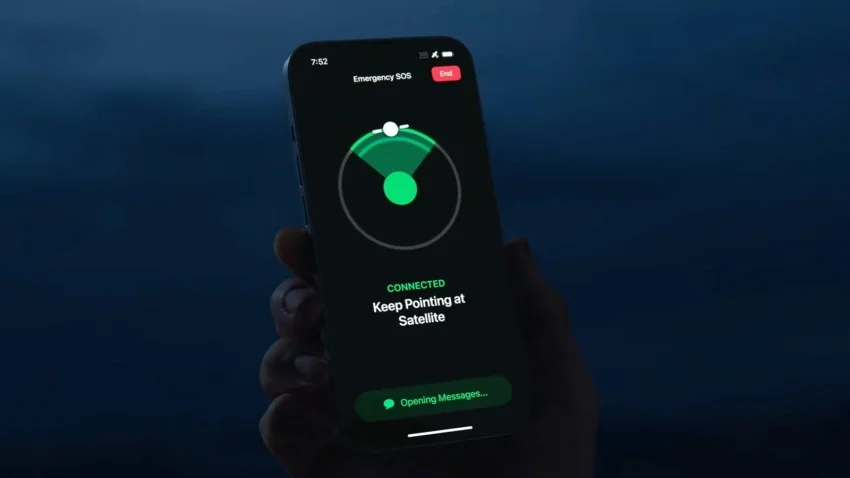Globalstar, an Apple partner, has successfully navigated a regulatory obstacle to enable the addition of enhanced satellite features to iPhone models.
The FCC gave Globalstar partial clearance last week to launch 26 satellites “to replenish and enhance” the business’s current mobile phone network.
The FCC stated in the decision that Globalstar was allowed to initially launch up to 17 replacement satellites, with the remaining 9 satellites authorized for deployment pending Commission approval of an amended orbital debris mitigation plan.
The new spacecraft are intended to replace Globalstar’s initial generation of 1,414-kilometer-high low-Earth orbiting satellites. In response to the FCC clearance, Globalstar stated that this “is expected to result in improved performance and coverage for Globalstar’s mobile satellite services, including Direct to Device satellite connections, around the world.”
The phrase “Direct to Device” probably alludes to the way that Globalstar powers certain functions on Apple iPhones, such as the capacity to reach emergency services via the company’s satellites, which makes it especially helpful in places without ground-based cell service. Apple iPhones will also be able to send iMessages via Globalstar satellites later this year.

With over 760,000 end-user customers receiving service from Globalstar, and millions more potentially benefiting from its direct-to-handset emergency service, the FCC stated in its approval that the company’s mobile satellite service system “has been in continuous operation in the United States for more than two decades.”
Furthermore, according to the FCC, eight of Globalstar’s replacement satellites are scheduled to launch “before the end of 2025.”
Despite SpaceX’s objections, Globalstar was permitted by the FCC to launch the satellites. SpaceX is getting ready to start its satellite internet service for mobile phones later this fall. The two businesses have also clashed over radio frequency usage for their satellites.
When the satellite renewal was first proposed, SpaceX attempted to stop it, claiming that Globalstar had neglected to provide an analysis outlining the company’s plans for preventing radio interference and orbital debris from the satellites. Ultimately, however, the FCC declared: “We determine that SpaceX’s reasons are insufficient to justify rejecting or rejecting Globalstar’s application.”

